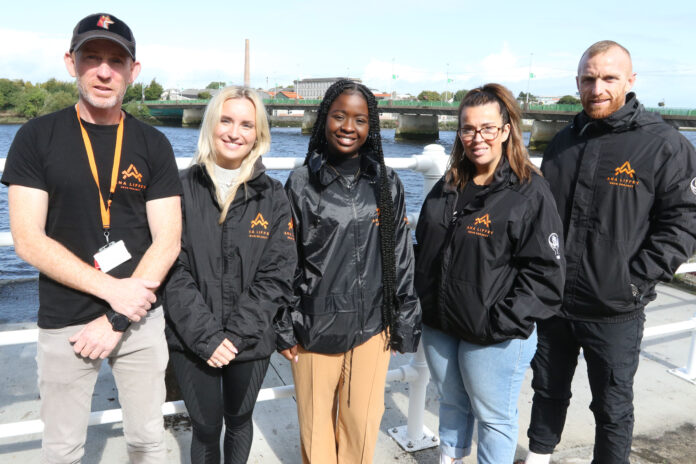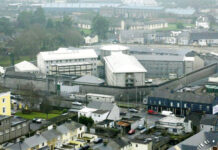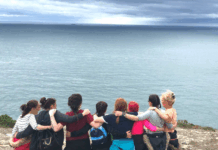
THE STAFF on the frontline of the Ana Liffey Drug Project believe that recovery is about much more than stopping using drugs or putting the cork back in the bottle.
The service describes itself as “low threshold”, offering support to people whether they are in addiction or recovery.
Ana Liffey measures success in terms of ‘recovery capital’, or how people with addiction problems are making their own lives better one step at a time.
“The usual understanding of recovery is someone who is not actively using any substances or drinking alcohol,” Dawn Russell, head of services with the Ana Liffey Drug Project told the Limerick Post.
“That is a misconception. We see recovery as a broader issue. People who are in addiction for a long time and start to engage with the service are struggling. What we try to do is to put building blocks in place for them to get to their recover.”
Those building blocks include harm reduction strategies, Dawn says, “so that they can be physically as well as possible if they decide to move on in their recovery”.
Medically-assisted recovery and replacing the addiction substance with legal, prescribed drugs (such as methadone) that can be controlled is another building block, as is cutting back on illegal use where physically and mentally possible.
“There are people holding down jobs who are on a prescribed methadone programme,” says Dawn.
“For some people, being completely drug free is recovery. For others, it can mean being on a programme. We focus less on what people’s intake is and more on their quality of life. It’s about stability happiness and reintegration. Recovery is a self-defined state.”
This is why needle and crack pipe exchanges are among the services which Ana Liffey offers.
“Reducing the physical risk by not sharing needles and focusing on staying as well as possible is all part of recovery,” Dawn explains.
She says that one of the ways in which the service helps those in addiction work their way home is through volunteer work with the project.
“People in addiction are often pushed out of society and then they spiral down. We have people in active addiction who do volunteer work. They more they do that, the more we see them stepping back into the lives they want. We have people working for us who have gone through their own recovery process.”
Data on the lives of those who have escaped addiction is sparse and Ana Liffey is currently working on a ‘Recovery Capital Toolkit’ for frontline workers which will help record their clients’ progress in recovery and collect valuable data.
The staff in the Limerick Ana Liffey Project are dealing with 400-450 people at any one time.
“Getting out of criminality, leading happier, honest, stable lives is what people want and that is possible, a step at a time,” Dawn concluded.










